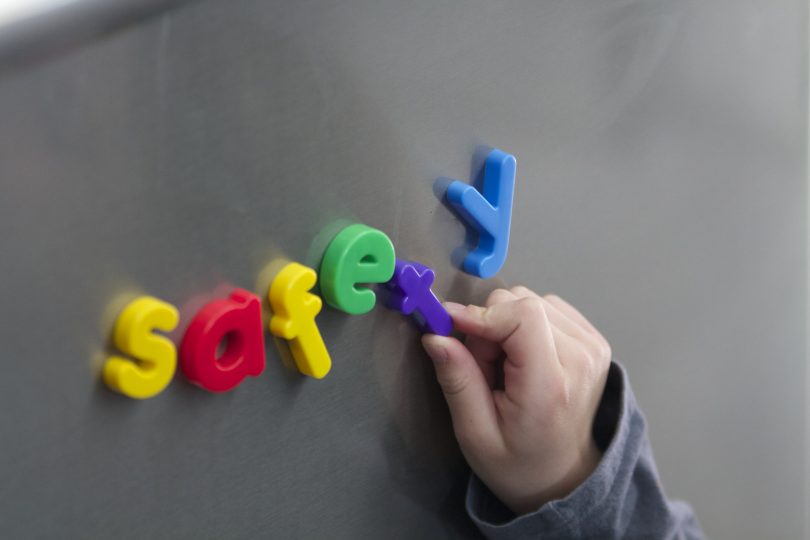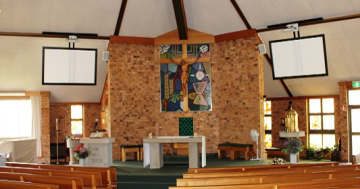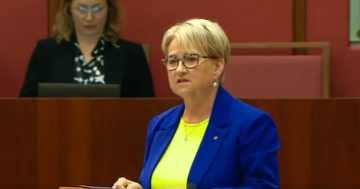
The Catholic Church has a significant role to play in protecting its children.
The work of the Royal Commission into Institutional Responses to Child Sexual Abuse over recent years has laid bare the significant failings of the Catholic Church in Australia in relation to protecting children in their care. The Royal Commission found that a staggering number of reports of alleged abuse had been made to Catholic institutions, including 4444 claimants reporting allegations of child sexual abuse to Catholic institutions between 1980 and 2015. The Royal Commission also found that the Catholic Church was the subject of more than four times the allegation of any other religious organisation. In this, the Commission concluded that there was “catastrophic failures of leadership of Catholic Church authorities over many decades, particularly before the 1990s“.
Canberra hasn’t been immune; we have seen significant allegations regarding historical abuse in a number of local Catholic schools. These revelations have had a personal impact on many people who attended local Catholic schools at the time the abuse was occurring. It has been shocking and dispiriting. In the midst of the details of the failures of these institutions, you can only be in awe of the incredibly brave victims who continued to push for justice, often at great cost to their own wellbeing.
In light of the revelations, the future of the church’s standing in Australia was always going to hinge on how the leadership of the Catholic Church responded to these systemic failings. It was also going to come down to the level of commitment the leadership of the Catholic Church was going to make to meaningfully respond to the recommendations of the Royal Commission.
Last week we saw this response, with the release of the Australian Catholic Bishops Conference and Catholic Religious Australia’s response to the recommendations of the Royal Commission. Their response shows that this process has been difficult and required deep reflection from the leadership of the Church. However, there is a need to back up words with action and while the Church claims to have accepted 98 per cent of the recommendations, there are significant recommendations that have been rejected, most notably, the requirement for priests to comply with mandatory reporting laws – particularly if a disclosure is made in the context of the sacrament of confession. This rejection is likely to create further issues, given that a number of jurisdictions including the ACT have moved to compel priests to report these issues.
In rejecting the requirement to adhere to mandatory reporting laws, the Catholic church argues that this will make children less safe as there is a lost opportunity to engage with a perpetrator to encourage self-disclosure. The report also argues that “mandatory reporting of confessions would also be a violation of freedom of religious belief and worship”.
It is rather extraordinary to see a religious institution arguing that they should be exempt from the law of the land. This is an argument that would never be accepted if we were talking about sharia law but in this case is argued as a case of religious freedom. There have been suggestions that this exemption is similar to protections that journalists should have for sources – but journalists are not usually protecting people who have engaged in criminal and deeply harmful acts against children. Others argue that this would be primarily a symbolic measure given the minuscule number of people that disclose abuse in confession. If we have learned anything in recent times however, it is that when we come to righting wrongs and building bridges to healing, symbolism matters.
It’s good news too that the ACT Government will follow the lead of South Australia and make it mandatory for priests to report if someone admits child abuse, with this law due to come into effect next year. It is, however, a concern that priests may not be supported by their leadership to comply with this law, that is designed to keep children safe.
I think that it’s important we do everything we possibly can to keep our children safe and mandatory reporting is an essential part of this. What do you think?
If you or someone you care about needs support, there are places you can go for help. They include LIFELINE 13 11 14 and KIDS HELPLINE 1800 551 800.


















